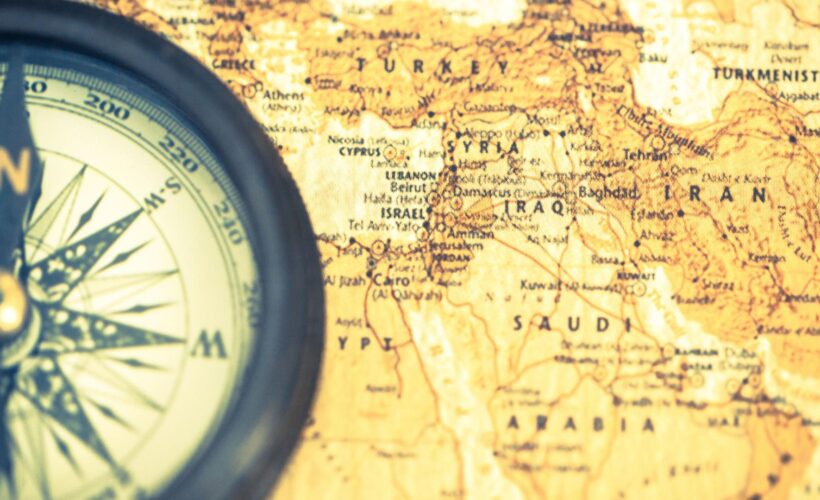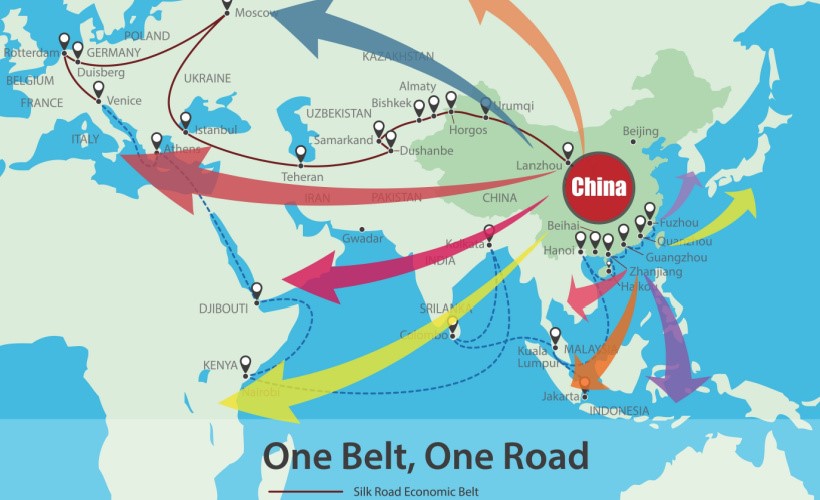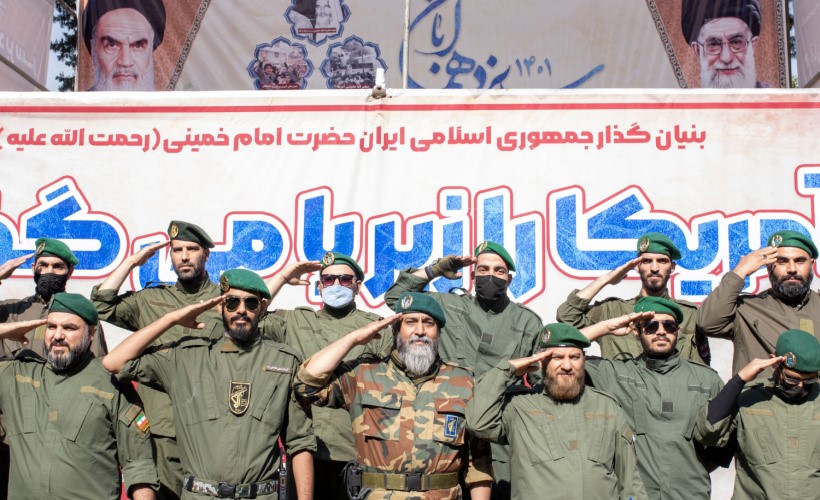What has been the role of women from around the globe in peace processes, diplomacy, and human rights in international politics in the twentieth and twenty-first century? How have women shaped the constitution of international organisations, such as the League of Nations and the United Nations, and how has their activism affected human rights regimes? How did the establishment of the Women’s International League for Peace and Freedom (WILPF) in 1918 affect the peace process of Versailles and more generally the understanding and practice of peace in international politics? What are the origins of feminist foreign policy and how has it changed the face of diplomacy in the twenty-first century? In this roundtable, these questions and more are explored and discussed by Professor Ingrid Sharp, Professor Nova Robinson, and Dr Jennifer Thompson. Through their contributions, they bring the often-neglected role and activism of women in international politics into the limelight, whilst also contemplating the present and future position of women in global politics.
Panel:
Professor Ingrid Sharp is Professor of German Cultural & Gender History at the University of Leeds. She holds a PhD from the University of Leeds in Gender, Cultural Representation and the First World War. Professor Sharp is currently Chair of Women in German Studies, UK and holds a Senior Fellowship in the Senior Elisabeth List Fellowship Programme, University of Graz: ‘War, Welfare and Gender Politics in the First World War in Local and Global Dimensions’. Her research and teaching focus on dissenting voices, especially feminist anti-war perspectives. Her recent book publications include with Matthew Stibbe and Corinne Painter (eds), Socialist Women and the Great War, 1914-1921 (2022, Bloomsbury) and A Cultural History of Peace 1815-1920 (2020, Bloomsbury).
Professor Nova Robinson is an Associate Professor of History and International Studies at Seattle University. Her research is situated at the intersection of women’s history, Middle Eastern history, and the history of international governance. She is currently preparing her book manuscript Truly Sisters: Arab Women and International Women’s Rights for publication. She is also co-editor with Bonnie G. Smith of the Routledge Global History of Feminism. She has published articles in the International Journal of Middle East Studies, the Arab Studies Journal, Signs, and the Journal of Middle East Women’s Studies.
Dr Jennifer Thomson is a Senior Lecturer in Comparative Politics at the University of Bath. From 2022-2026 she is Principal Investigator on the ESRC New Investigator project Gender in Foreign Policymaking: the academic and policy implications of feminist foreign policy. Her work focuses on gender and foreign policy, the UN’s Women, Peace and Security agenda, women’s rights in post-conflict divided societies, and reproductive rights. Her work has been published in, amongst others, International Studies Review, International Studies Perspectives, the British Journal of Politics and International Relations and the International Political Science Review.
Moderator: Dr Anahita Arian is a postdoctoral research associate at the Centre for Geopolitics and a college research associate at King’s College Cambridge University. She has a PhD in International Relations from the University of Groningen and has been a post-doctoral fellow at the Department of History of Science at the University of Erfurt. She has also worked as a Lecturer in International Relations at the University of Erfurt and at the University of Groningen, and has been a visiting scholar at the Department of Global History and the Friedrich-Meinecke-Institut of the Freie Universität Berlin, the Department of International Relations at Universidad de San Francisco de Quito in Ecuador, and at the Orient Institute Beirut of the Max Weber Foundation in Lebanon.







